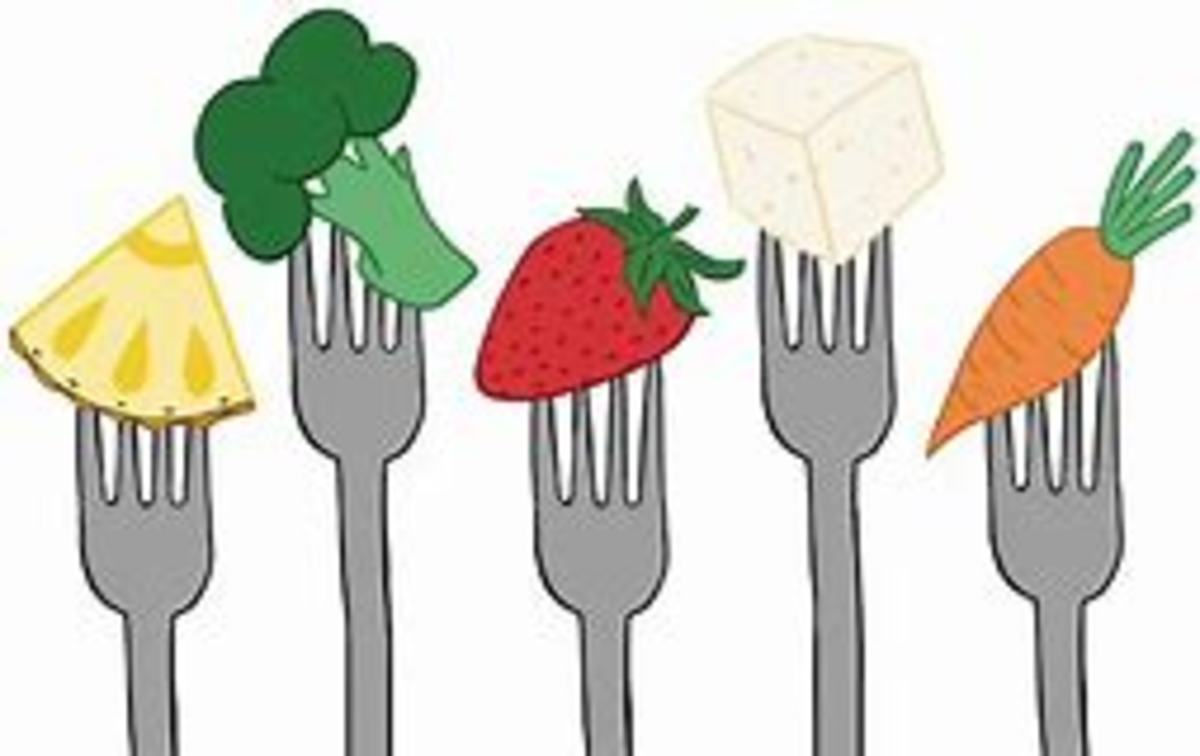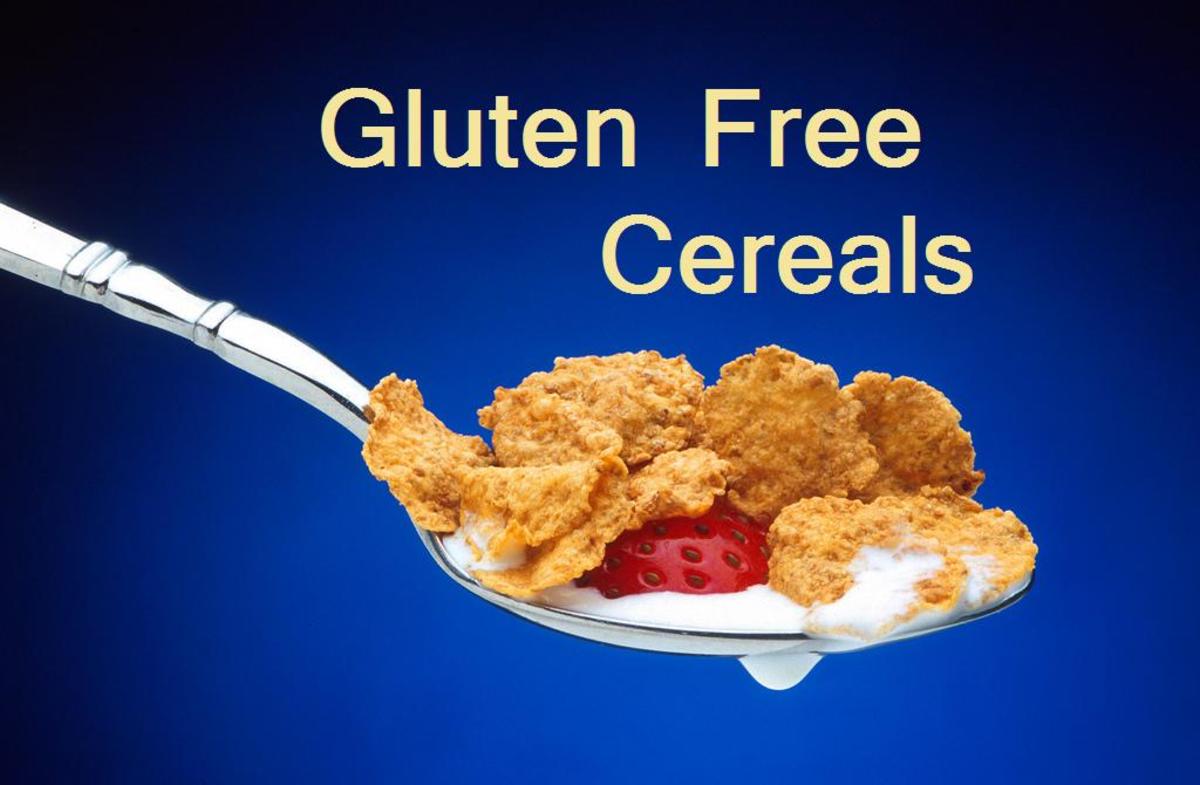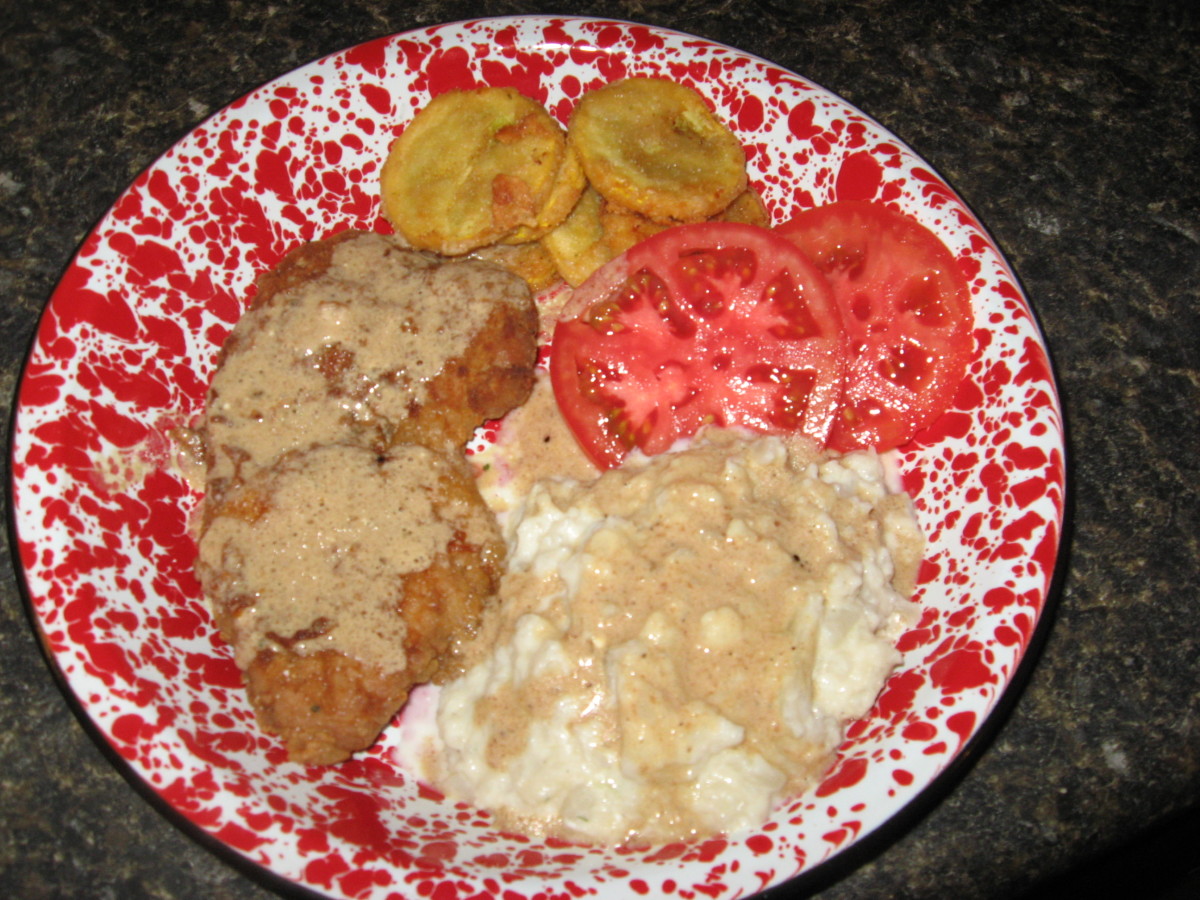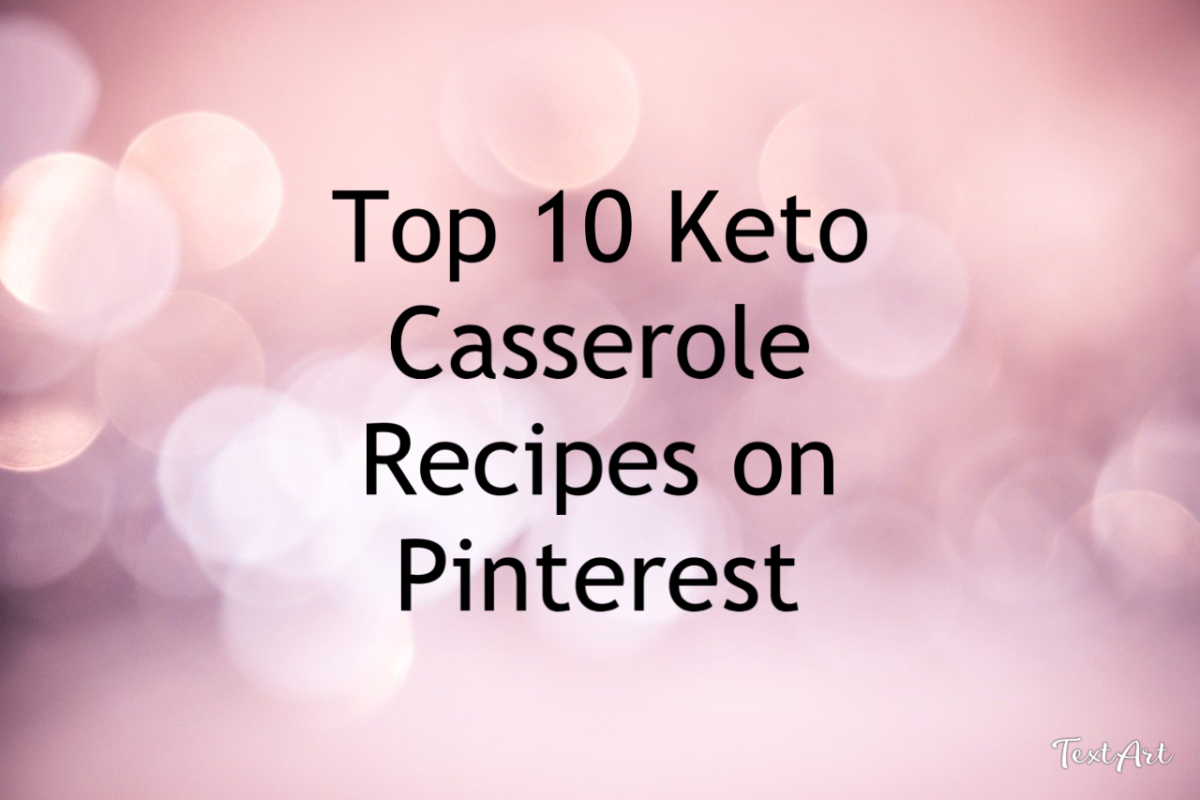Vegan - A Guide to Understanding the Basics
Vegan in General Terms
When someone hears the term Vegan, it can often be loaded with many different connotations. Similar to using a label like say, Hipster. People take food and dietary choices very seriously, whether in America or any other nation in the world. I'd like to try and unpack this a little bit and zoom out for people to be able to look at it from a general sense of understanding and can go from there.
So, why do people choose to be Vegan? This question can spawn varying explanations. Let's dig into many of the larger ones. Those can be things such as; Health, Environmental, Ethical, Cultural and Religious. Sometimes a combination of these or sometimes one specifically.
For me, the first four I listed all played major roles in my decision to become Vegan. A cornucopia filled with plant-based foods of course! I've been Vegan for five and a half years now, and I was a vegetarian for about five years before that. Growing up in a northeastern United States middle-class family, much like Arby's famous saying, I was raised to enjoy and believe that indeed, we had the meats, and that there was nothing questionable about that. I bought it hook, line and sinker. Ask members of my family or friends who have known me since back in my carnivorous days and they would certainly tell you that I had no problem polishing off a NY-Strip steak or Buffalo Wings or Shrimp anything or Turkey at Thanksgiving or Brisket at Passover. Well into my late teen years and early adulthood, I had no qualms with eating almost anything, with almost no conflict or consideration as to what it was, where it came from and who or what might be affected by the foods journey to my plate. As I advanced in my undergraduate college years, I began to absorb opposing ideas on food, importantly bucking many of those I was raised to believe (as I think many people can attest to having similar early outlooks). However, as I began to learn about the ways in which our food is grown and processed and the mind boggling ways in which that happens, my mind along with my choices began to change. When I decided to become a Vegetarian, I saw no problem with cutting meat out while sticking with a continuing consumption of eggs and other animal based products, like dairy, with its many forms. That was altered again for me in late winter/early spring of 2014, by then out of college and into the working world of New York City, when I saw a documentary called Cowspiracy. This documentary has held a special place in my heart and mind ever since, because it was the proverbial straw that broke my allegorically jewish camel-back with regard to my dietary lifestyle. Though to be completely honest, I had considered making the full-on change before seeing that documentary, but nothing forced my hand to go all in until then. Sure I had been a member of PETA already for some time and had certainly heard of people in the intellectual and entertainment worlds, personal friends and colleagues who had made the argument/s and/or taken the vegan route already. I had eaten vegan meals before becoming one full fledged, but it was seeing the documentary that convinced me to take action on a permanent, large committed scale.
I had seen documentaries prior that discussed things like factory farming, the inhumanity of the food industry in many places, the questioning of the ethics behind killing other animals for our well-being and culinary enjoyment, the adverse health risks associated with an animal-based diet, so on and so forth. Yet the things about it for me that finally forced my hand was tying all of those in with the environmental impacts of differing food lifestyle choices. Those were made abundantly clear to me through said documentary above. After that, I started down the rabbit hole of why people decide to go Vegan, which led me to include in my personal reasoning, the environmental, health, ethical and cultural entanglements into my decision making process, and helped me to stick with it as time went on. To me, the more I learned, the less I wanted to practice any other way of eating. Now, its important to note here, that this is my personal choice and I am not advocating for YOU to become a Vegan, rather to just consider some of the reasons and see if that leads you to your own rabbit hole, or not.
Lets break down these reason in a bit more detail now. The ethical reason/s are ones I hear from people who ask me about my choice the most. I believe these are the easiest to understand and perhaps, the least controversial. Killing another living animal (i'll save you the gory details that these processes entail) is seen by many, members of PETA for example, as both unnecessary and unethical. When we can sustain ourselves without killing Cows, Chickens, Ducks, Turkeys, Pigs, Salmon, Tuna and Lobsters to name a few, then why do it? Yes, some argue plants are living things as well, so aren't you indeed killing those? Technically, indeed they are living and very much so, but the irony of survival, is that everything on Earth needs something else in order to survive and thrive and we are no different. Biologically, we need to eat certain things that contain an array of microbes, vitamins, minerals and amino acids in order for humanity to survive. As researchers have pointed out, a Vegan diet directly leads to the saving of one animals life per day of practicing such a diet. Also, some Vegans firmly believe that if we can do that by simply harvesting and eating fruits, vegetables, grains and more without having to get our hands dirty with things such as cutting throats and skinning things, than why not make it easier on ourselves and the animals that would suffer as a result of our choices?
Health is a bit more dicey, as the Science is not completely conclusive with regard to this, but there is (and growing exponentially by the year) a lot of research and evidence to suggest that a plant-based diet is healthier and a major key to a longer, healthier life. Heart disease, which is the number one killer of Americans (more than Guns, Cars, Cancers, you name it) has been linked directly to our diets and might even be the number one factor. A lot of studies suggest that an animal-based diet significantly increases you chance of Heart disease, along with other health tragedies like Diabetes and some forms of Cancer. There are places labeled Blue Zones around the world, a term describing areas where people are in consistently good health and have longer lifespans than in other parts of the world. One constant the scientists and researchers found between them is there proclivity towards (if not completely) plant-based diets. Also, research done here in America and other places, have found that plant-based diets often greatly reduce ones chances of many of the health risks named above. In fact, some research has shown that plant-based diets reverse certain health maladies, such as; Type II Diabetes, High Cholesterol, Kidney disease and High Blood Pressure just to name a few. This is certainly an important aspect toward leaning in a plant-based dietary direction that is growing.
The Environmental reasons are complex and vast, perhaps more so than the two previous reasons discussed above. However, I'll try and provide a general understanding as best I can. In order to grow and feed the animals we use for dietary consumption, we use an inordinate amount of natural resources, such as farmable land, soil and water. To produce a single hamburger compared to a vegetable burger in terms of resources needed is not even in the same solar system. To produce the hamburger requires far more, like gallons and gallons more. Also, in order to grow the farm animals to a size and rate we need them, to meet our dietary wants and market demands, this requires an awful lot of land devoted solely to crops such as soybeans and alfalfa, which in turn are fed to cows for example to help keep them fed and grow in sheer size. This requires humanity to devote large swaths of farmable land and freshwater towards huge, mono-cropped fields and farms. This directly leads too deforestation, needed to gain more ground for livestock to be grown and maintained on, which then in turn causes us to burn down large areas of rainforest, for example, to make that room. This obviously leads to less forest which we depend on to absorb carbon from the air and create oxygen that we need in order to survive. You can probably tell where I am going with this. Eating meat is one of the largest, if sometimes indirectly, causes of Climate Change in the world, perhaps even, in some official accounts, the biggest behind only the burning of Fossil Fuels for energy purposes. For Vegan diets, the amount of natural resources needed to sustain us is inconceivably lower than that of its counterpart, and much healthier for the planet in general. This is also just the tip of the environmental iceberg, pun intended.
Cultural reasons are harder to explain in the sense that they require a lot of specific time and information to explain, which we can save, along with Religious reasoning for a Vegan diet, for another time and place. This also leaves out the space for political and cultural pushback Veganism often faces, whether it be from an Industry (Dairy for example) or from the Federal Government itself. I will say briefly, that a Vegan lifestyle is certainly nothing new and has been practiced throughout much of human history (and before that through other species in different eras) and proven to promote and deliver a long-lasting, healthy world and people.
I'll leave you with a simple anecdote that both surprised and delighted me when I first heard it. Some people often question the health of a Vegan diet, with the supposed adage that people will simply be smaller, thinner and weaker than there meat-eating brethren, yet as pointed out to me, if you look at other species of the modern, natural world that is clearly a falsehood. Lets take land animals for example. The biggest ones in terms of sheer size and muscle in the animal kingdom are the Elephants, Giraffes, Gorillas and Rhinos, and not the Lions, Tigers and Wolves for example. The first list are all herbivores and the latter all carnivores. Makes you think, and for me, it makes me think specifically about lunch! So good eatings to ya all and thanks for listening, would love to hear some feedback in any and all forms!








